Jackson Howard, a senior editor at Farrar, Straus and Giroux, is known for his vanguard taste in both fiction and nonfiction, a taste that has brought an array of new styles and voices to the forefront of the publishing industry. At FSG, editors are hired not just for their experience but for their distinct sensibilities, and a “Jackson book” can be recognized by its blend of playfulness and depth.
Howard has also made a deliberate effort to focus on writers from underrepresented backgrounds, and he has a knack for discovering exceptional talent. He’s the force behind books by Laura van den Berg, Venita Blackburn, Catherine Lacey, Brontez Purnell, and many others. His authors have won or been nominated for, among other awards, the Booker Prize, the National Book Award, the Kirkus Prize, the PEN/Faulkner Award for Fiction, and the Los Angeles Times Award for First Fiction. Howard has also been responsible for acquiring and editing work by major queer thinkers, including Sarah Schulman’s Let the Record Show, a comprehensive history of ACT UP, and Judith Butler’s Who’s Afraid of Gender.
I worked with Jackson as an intern at FSG this past summer. It’s a pleasure to be introducing his conversation with Merve Emre for this episode of “The Art of Editing.”
—Mia Foster, Wesleyan class of 2025
Merve Emre: Many of our audience members are college students. How did you get from where they are to where you are now?
Jackson Howard: Well, I began as an intern at Farrar, Straus and Giroux in 2016. I tell people I had an Almost Famous journey, because I haven’t left. I was an editorial assistant. I got hired by two amazing editors, Ileene Smith and Emily Bell, and I stuck around long enough that they listened to me and let me acquire books. I got really lucky in terms of the mentorship I had. But I also am proud of how hard I worked, how tenacious I was and still am in looking in less-expected places for some writers, of taking risks, of being okay with failure, of trusting my gut. All the clichés that are clichés for a reason. I asked, and still ask, every question imaginable of everyone I worked with and watched how the editors I admire the most got things done—whether that was acquiring, editing, or being collaborative with cover designs and PR campaigns. So I think when I was given the opportunity to acquire and publish my first book in 2018, it felt almost like muscle memory because I’d watched these more experienced people do it for a few years already.
From there, I can’t say it was a straight line. I assisted Emily and Ileene for four and a half years while eventually building a list, and as many editors can attest, that period of doing both requires a ton of work, patience, and time management. Many people leave the industry during that stretch, and I don’t blame them. I was extremely careful in the first few books I acquired, to build trust with my bosses; being selective and true to myself was one of the best lessons Emily taught me. And then after I was promoted out of being assistant, I kept that same selectiveness. I felt, and still feel, so excited about the types of books I haven’t been able to publish yet, and the things I’m still hoping my authors achieve. But I can’t say I have a manual of how to get here—it’s different for everyone.
If forced to articulate what your taste is and what, on a gut level, you react to with pleasure, how would you describe it?
On the one hand, I’m not too precious and pretentious about what I’m looking for. On the other hand, it’s about a writer writing for themselves. I love a big story. I’m thinking of the writers I grew up reading, like Jeffrey Eugenides and Marilynne Robinson—the types of writers who are looking at the expanse of life, if you will. But on a line level, I’m looking for something to punch me in the face a little bit.
I want to hear more about being punched in the face on the line level. Give me an example of a writer you’ve published recently who has done that for you.
Laura van den Berg is like that. Her books are like this stitched-together whole, so that if I took away one line, the entire thing would unspool. They have momentum on a plot level and these dagger one-liners that don’t feel forced but probably will end up tattooed on somebody’s skin because they’re so universal.
But in terms of what I like, that’s been the hardest part of this job—figuring out how to commercialize taste, frankly. That’s what all of us have to do as artists, or people involved in the arts. It can feel like you’re selling out, and that’s something we all grapple with a lot. So in terms of my tastes, it’s like: I know it when I see it. It’s just that thing. How do you define what you like?
I think it depends on how you’re reading. When you judge prizes or you’re reading thorugh slush, when you’re reading through a bulk of books, you start realizing how similar books are. Often you’re just looking for something that surprises you, something that is really different. Something that exists outside of the unholy trinity of the American MFA program, the publishing conglomerate, and the book-to-TV pipeline.
I agree, mostly, but I guess I try not to set those parameters for myself, because whenever I declare that I don’t want something, I end up flaunting it. I swore I was never going to publish short stories again, and then I published three story collections in one year. But of course you’re right, many books are similar and surprise is the first way to be hooked. There’s also an emotional connection, and that feeling of I have to talk about this with someone. That’s pretty powerful too.
On a workaday basis, how do you figure out how to buy a book that you like? How do you know how much something you like should cost the house?
I often decide what to buy based on who I can imagine giving the book to. Who I would ask to blurb it, which reviewers might enjoy it, and who in my personal life would like it. That’s a way for me to map something out not just commercially but in terms of taste, in terms of reception. I don’t really care if a book sells a million copies. I mean, that’s ideal, but I also want books to find their people and to challenge the people who find them. I read a lot of books for fun that I wouldn’t publish. I read more in translation than I would publish, or even more historical fiction than I would publish. But when I’m acquiring something, I need to be so obsessed with it that I don’t shut up about it, because my job for the next one to five years will be to basically be the only advocate for this author and for this book. I have to be completely ready to, as they say, risk it all for my books.
In terms of what I pay for books, this is a conversation that people have been having for decades, and it’s kind of the same as it always is. The system of comparative titles is much derided, as it should be for its implicit biases and how it only shows a sliver of how books are read, but it is inevitably how we think about things. As somebody who publishes a lot of “out there” stuff, sometimes there are no comparative titles. I simply have to beg my boss for a figure that I come up with, and hope that they understand. It’s really impossible and none of it makes any sense.
When you’re acquiring something that has a big story, that is intermittently punching you in the face, how do you edit? What is your philosophy? Let’s take a short story collection, since you swore you were going to stop publishing them.
Short stories are tricky. I did not get an MFA. I’m not a teacher, so I’m not revealing any actual theory. This is just my own theory. I think there is a tendency in short stories to over-deliver a big emotional hit, because you’re trying to cram a whole lot of life into a short space. That’s why somebody like Joy Williams is so amazing. She can do in two paragraphs what many people can’t do in twenty pages. With short stories, I’m examining them on an individual basis. I’m looking for tropes. I don’t want the characters set up too cleanly. I don’t want a bunch of unnecessary exposition. What I’m looking for in a short story collection, as a whole, is for the pieces to be greater than the sum of their parts. Chris Adrian, for example—a very undersung writer who contributes to The New Yorker and is also a pediatric oncologist—he’s an incredible short story writer. And I think of him, I think of Van den Berg, I think of these writers who write each story as one piece of a bigger universe.
With short stories, I’m not as interventionist as I am with novels or nonfiction. When it comes to the plot, making sure it’s working, I leave the author to their own devices. On a line level, though, I’m extremely involved with my writers. That applies to all fiction. But I don’t approach a book with the intent of trying to make it anything other than it already is. Otherwise, I wouldn’t sign it up. But that also applies to books I’ve edited for other editors, books I didn’t acquire myself.
It’s an act of radical empathy to put yourself in a writer’s shoes and understand what they were trying to do, instead of just approaching it as yourself. But at the same time, I’m also an outside reader. So if something is so insular it only makes sense to the author, that’s not going to work. It’s a balance. I approach all my fiction like a commonsense reader. I read as if I had picked the book up in an airport. I just go with that instinct.
For fiction in particular, there also has to be a trust established with the writer. I get to know the writer, always. Sometimes that means having dinner together and hanging out, sometimes that means just talking on the phone. But there has to be a relationship so that when I cut a chapter or challenge something or make a very personal comment—like “I know you’re swinging for the profound right now, but it’s coming off a little sophomoric”—if I say something like that, a dagger to the heart, the author has to trust that I’m not saying it out of ego. I’m saying it as somebody who’s so invested in what they’re trying to do.
There are times when I edit a book twice: once on a major structural level, once on a line level. And sometimes we keep going for rounds and rounds and rounds. But I have to remember that I didn’t write this book. It’s not about me. Hopefully I’m in the acknowledgments. If I’m not in the acknowledgments, that’s also okay. Taking yourself out of it is exactly what an editor is supposed to do.
You’re confirming what I think about my favorite editors, which is that I can trust them more than I can trust myself. I have all kinds of impure intentions and desires when it comes to what I’m writing and publishing. I want lots of people to read it. I want validation. I want it to go viral. Blah, blah, blah. But I trust that my editor only wants it to be the best possible version of what it can be. And so it also becomes a way for the author to relinquish ego.
I published a debut novel that I’m very proud of called The Doloriad, by Missouri Williams, which only a couple thousand people have probably read. There were like four paragraph breaks in the whole book. I knew when acquiring it that I was not going to suddenly add a bunch of paragraph breaks, no matter what my boss said, who read three pages and told me, “I don’t know what the hell this is, but I trust you with it.” So, sometimes, yes, I do edit for clarity and for accessibility. But I cannot, on an almost ethical level, go against the spirit of what I’m working on. And now we’re publishing her astoundingly good next book in 2026. There are a few more paragraph breaks.
Speaking of editing for clarity and accessibility: FSG published Judith Butler’s most recent book, Who’s Afraid of Gender? What is it like to work with academics, or anyone used to writing in a specialized language? How do you encourage them to write in a way that lets more people into the argument they’re making, especially when you’re editing highly theoretical nonfiction, which FSG does quite a bit of?
It is very difficult. There’s a person on the other side who’s writing the book and, to that person, it might be completely intelligible. So it’s my job to gently say, This makes no sense. A lot of people have seen the memes and unfair critiques of Judith’s prose. You’ve probably seen the meme of a picture of Daniel Craig saying, like, “This is what Judith Butler looks like to me.” But when we met with Judith, Eric Chinski, who I edited the book with, and I said, “We’re honored to meet with you, to maybe work with you, but this will be a different type of editing experience.” And to Butler’s credit, they seemed excited by that challenge. Most of the work on that book, as with more theoretical writers, is on a structural level. It’s about holding the reader’s hand as you get into the book. Many biographers are really good at this, stating why you need to care about their subject before they give you everything. With people who write more in academic worlds, they think sometimes that…
This is a safe space.
Academics sometimes think that it’s self-evident why you should be caring. I think it is, but most people aren’t going to see that. So with Judith’s book, I ended up shaving twenty pages off of a fifty-page introduction. Remember in Minority Report with Tom Cruise, when they have the screens everywhere, and they’re dragging things and dropping things? I was in my apartment in Bed Stuy for an entire week—
Are you comparing yourself to Tom Cruise?
In this particular case, yes. I’m not a Scientologist. But I had two screens going. I had like five documents I was copying and pasting and taking notes in, because, again, Judith’s argument, it felt so urgent to me, and it was so important for the argument to come across as clearly as possible, which sounds simple, but it’s actually remarkable how they write. They will give one argument, leave it, and six pages later pick it right back up. It’s like a form of whiplash, watching this incredible brain at work. But reading-wise, over the course of three hundred pages, it is quite difficult. So it was a major work of organization. But it was all just guided simply by the question: Does this make sense to me? I’m not an academic. I’ve edited many nonfiction books, but I want it to be in lay person’s terms. That can be a loaded statement, but I know that’s what Judith wanted.
In the case of Butler’s book, the introduction is speaking to people who are already somewhat familiar with gender theory, but in a way that is not condescending or hostile to skeptics. How much do you think about the response that a book you’re working on will get? And what kinds of responses do you take seriously?
I think we published that book correctly. It was critiqued as being too leftist, too centrist, and too conservative at the same time. That means we got it a little out of our silo. Even with the fiction I publish, I have a couple writers who feel more validated by mediocre but really thorough reviews than quick over-the-top praise. As a writer, you are working for so long in solitude on a thing that you are basically extracting out of your brain and soul, and so for a reviewer to spend that much time with it can mean a lot. My authors, they understandably care what their peers think of them. They are thinking, How is this going to go over on Twitter? How is this going to go over in the Times? While I do care about that, I am much more preoccupied with trying to get my books beyond the readership that has long been a publishing standard, say white women in their forties and fifties. They are certainly one part of our audience, but I’m working hard to bring books to other people.
One review that changed my life—not to be too dramatic—was of Brontez Purnell’s 2021 book 100 Boyfriends. He had written a book for the Feminist Press, Since I Laid My Burden Down, that won a very prestigious Whiting Award. I was blown away by the book. I e-mailed him this long letter when I was twenty-four, and he wrote back in all caps, “LET’S FACETIME.” And we started FaceTiming every day. At that point, I wasn’t getting a lot of submissions as a young editorial assistant. When he turned in his material, it was about 25,000 words, which is not a lot for a book. There were photos interspersed, half of which he was completely naked in. There were song lyrics that certainly were not legally cleared. It was a grab bag of insanity. But it had so many gems.
I convinced my boss that I knew what to do with it. Brontez and I spent about six months just reorganizing the book, taking things out. He had to part with the photos, and he was very sad about that, but he used them for a different project. It was very cool working with somebody who was so DIY. He makes zines, he’s been in like fifteen bands—he’s truly like the last punk—and he was down to scrap things. We put together this order that made sense to the two of us. It started almost as a collage, and it ended up as a book. It got some trade reviews, but it wasn’t being taken seriously as capital-L Literature, and it was just killing me, because it’s incredible. But a month after publication, Parul Seghal reviewed it in The New York Times, out of nowhere. I still have the cutout. Brontez’s face was right there in The New York Times. When you have a writer like that embraced by the industry and by the mainstream, that’s the best.
When you are working with writers who are not mainstream, how do you make sure that once they are embraced by the mainstream they don’t lose what made them so interesting to you? Is that ever a concern? It’s a kind of a hypothetical concern that we often have, that when something avant-garde becomes coopted by the mainstream, it loses what made it interesting to us in the first place. But I don’t know if that plays out practically in a real way.
Book publishing is a siloed industry on a corporate level, and it never appealed to me to just read The New York Times Book Review and the best-seller list. The most special cultural items start on the periphery, which is the case with many of the authors FSG publishes. Jonathan Galassi famously plucked Jonathan Franzen’s first novel out of a slush pile. That’s kind of the way that I’ve carried on—of keeping the faith that what you love can also speak to other people.
I mean, you look at Ottessa Moshfegh’s career—that’s kind of the dream in many ways, right? She’s unapologetically who she is, and her books do immensely well. Elif Batuman is another one. These amazing stylists who write what they want, and everything else follows. I’ve had a couple writers say to me, My next book is this, but if you don’t think it should be this, I have other ideas. And I’m just like, What are you talking about? It’s my job to make it work. Your job is to write the thing. I don’t write the thing, I help you with the thing. Brontez is so punk that I couldn’t even corral him into asking that question, it would be impossible. But I have other authors who have gotten popular off of a small press book or a book that we didn’t put a lot of resources into, and the stakes get higher for the next one, so they maybe feel pressure to change what they do in order to find more readers or land on a broader topic, which, of course, never works. You think of any kind of iconic writer—if they compromise, you know when they compromise. So I’m very against that, and I try to really encourage the writers I work with to stay true to themselves.
I’m laminating all of my favorite editors onto you because you’re saying everything I wish they would say. The editors I’m closest to are the ones that I’ve had long relationships with and I trust. It’s never clear to me where that came from. I can’t quite explain why it is I feel this way about these people, but there is something there. How do you think about building that trust? What does a relationship with a writer over the course of a whole career look like, versus over the course of just a single book?
I think all of us have to be extremely open-hearted and loving. That’s really a quality that is not talked about. And I’m extremely extroverted. There are so many editors who have mentored me who are very introverted, but they come alive when they’re with their writers, in ways that actually shock me. Like our mutual friend, Eric Chinski, who is another mentor of mine. Most days, he kind of stuffs himself away in a corner, editing constantly. But his authors come into the office, and he lights up. He’s always charming, but he’s like this new person. I think all of us go into these relationships with a lot of selflessness and open-heartedness. I know that sounds a little treacly, but that’s actually how I think about it as books develop. The first test of this relationship is managing expectations—about review coverage, about the way the book looks, about why one writer gets one thing and the other writer doesn’t. These types of conversations can be really hard and triggering and personal, and it requires a lot of composure on my part. Once we kind of get through the first moment of tension, they know I’m on their team. And after we do a couple books together, I’m still smoothing things out, but I don’t have as much patience, because we’ve done this before.
So it really is like being in a relationship.
Yes, it is like being in a relationship, in that you’re constantly recommitting to one another. But it’s also a work relationship. There’s a financial element, there’s a time element, there’s a hopes-and-dreams element, and a fame-and-glory element.
I know that you are an active mentor. I imagine a lot of young people come to you who want jobs as editors, who want to pluck voices from the margins and help those writers make a living doing what they love. What is it like mentoring people at an inflection point for the publishing industry and mass media?
I’m really candid. I tell them that there is not a lot of money right away, and your work and life outside of work are going to blend together. Part of the success I’ve had is because I dissolved that boundary for myself, which is an approach that absolutely does not work for everyone, but it came naturally to me. My Instagram, it’s often about my books, but it’s also just showing my life like anyone else’s. And so I think it’s as simple as people trusting me because they know what’s happening in my life, they know it’s really me, as much as anyone can be on social media, behind the things I work on and advocate for. The other side is that as a result, everywhere I go, this job is part of me. It’s a real privilege, and I love it. But as my boyfriend can attest, we’ll be in the coat-check line at the club on a Saturday night, and somebody will say, “Oh, you’re so-and-so’s editor. He posted you on Instagram!” Recently I was just like, “Girl, this is a Monday morning conversation.”
With people I mentor, I’m really honest about the demands of the job. First and foremost is the financial element. I tell people that if I hadn’t had parents who were able to help me during my first two years in New York, when I was earning $35,000—salaries are slightly better now—I wouldn’t still be in this job. That’s the elephant in the room when you talk about prestige industries, and I’m not embarrassed because I don’t want to reinforce the myth that if you just work hard enough, you’ll rise to the top. That’s a lot of it, but it is also the help you get along the way, whether in the company or outside of it.
The other thing I tell people is that we are in an exciting moment where, even though there’s a lot of corporate consolidation, and it’s a wild political climate where nothing is consistent in terms of how to make things work, there is still the model of companies like FSG, where publishing a few big books, by writers like Sally Rooney and Jonathan Franzen and Oliver Burkeman, can provide enough resources for the Brontezes out there in the world, for The Doloriad. It’s kind of how the record business used to work before streaming upended everything. It’s nice that publishing still mostly works along those lines.
So I try to be pretty optimistic. Is this a job I would recommend? I wholeheartedly say, Yes. Because the people I work with every day are so ridiculously smart that I learn from them constantly. And that’s not something most of my friends can say about what they do. I feel inspired pretty much all the time. Even if I’m wiped out, I feel inspired. But I’m clear that publishing is not going to look like it did in the Nineties. You’re not going to be Carrie in Sex in the City. Well, first of all, she was never going to afford that apartment. We all know that her experience writing a book is also not what it is now. But there still is glamour, and there’s still a lot of feeling and excitement behind what we do. So I’m optimistic. But I’m realistic about what I tell people, and I think young people really appreciate that.
The other reason I bring up mentorship is because I just couldn’t be here without my mentors, and the one thing that unites all of them is that they did not need to understand me and what I cared about to support me, especially as a queer person. Our publisher, Mitzi Angel, and our editor in chief, Jenna Johnson, exemplify that approach to publishing and mentoring. I can’t say enough about the trust they’ve given me. My boss Sean McDonald is as straight as any guy, and I say that with a lot of love, and he has allowed me to publish the craziest gay stuff ever. I’m talking about books that would be banned instantly, right? Open Throat by Henry Hoke was the least of it. I was like, “This is a novel about a mountain lion. They use they/them pronouns. The first scene they’re watching an S&M thing.” But Sean was down for all of it. That’s the type of mentorship I aspire to. There’s a lot of joy to be had in helping people along the way.


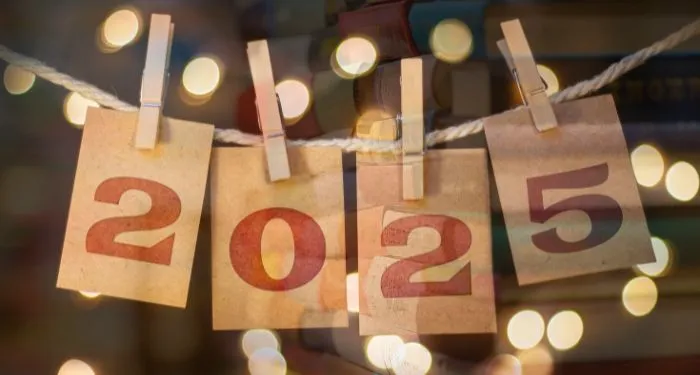
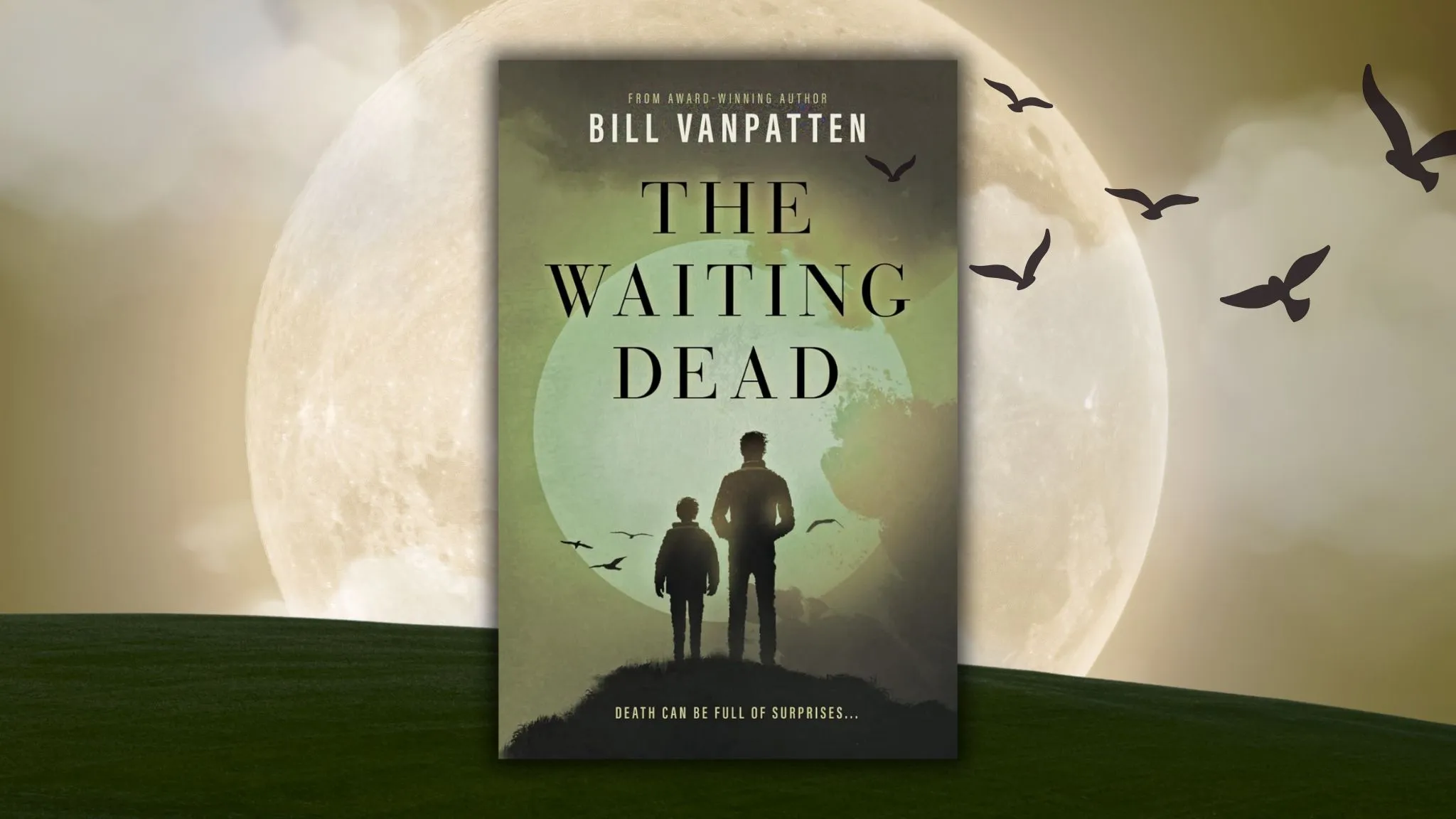
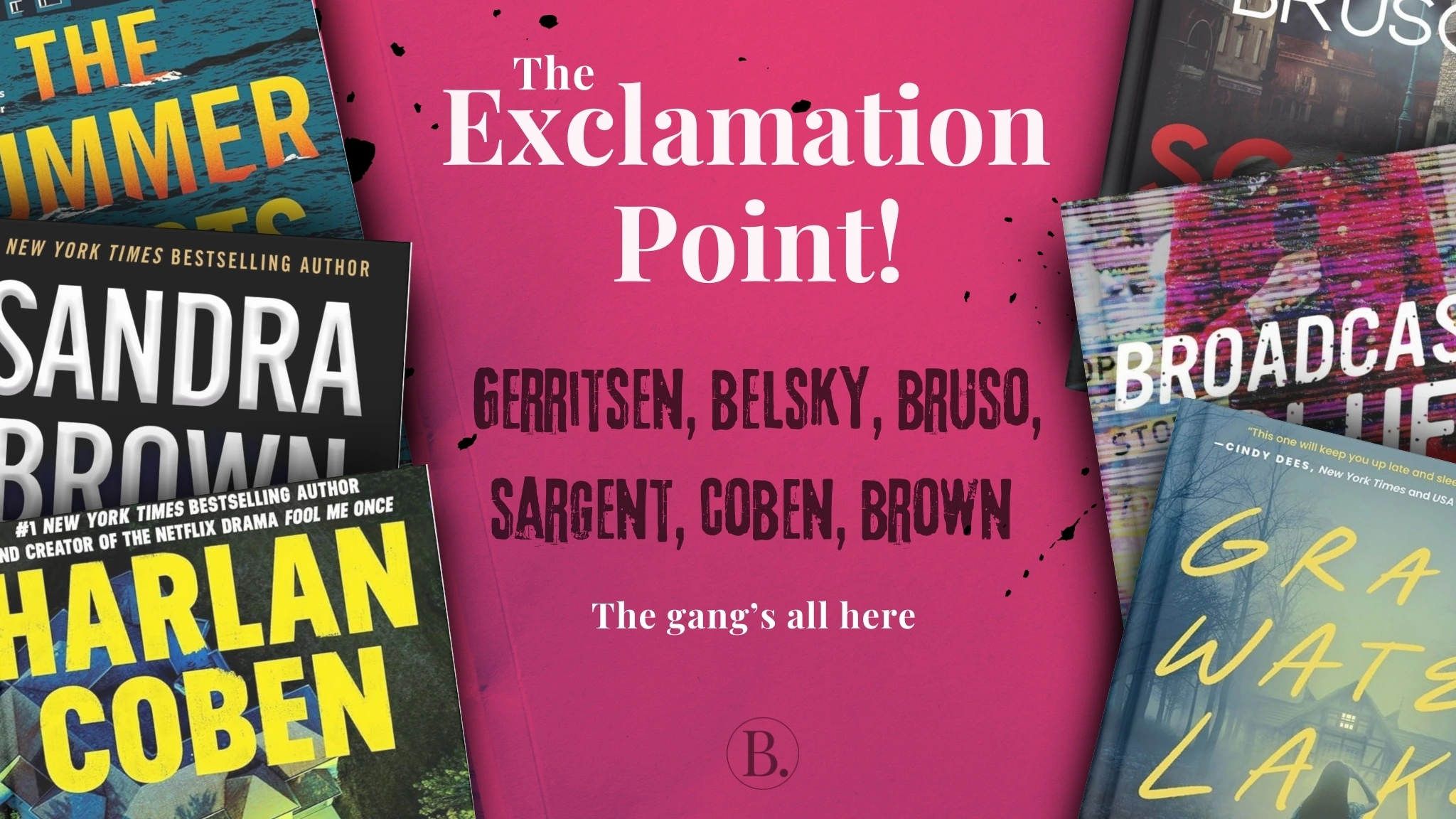
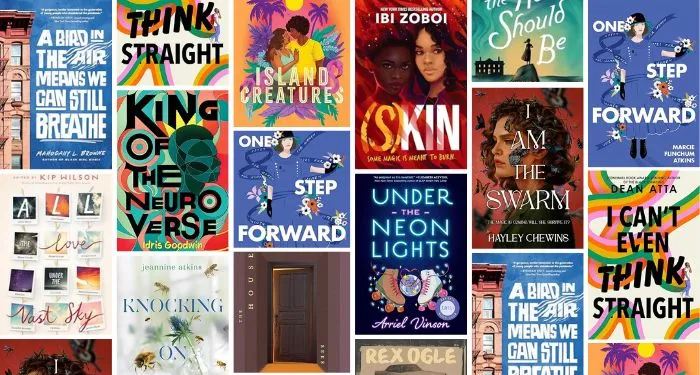
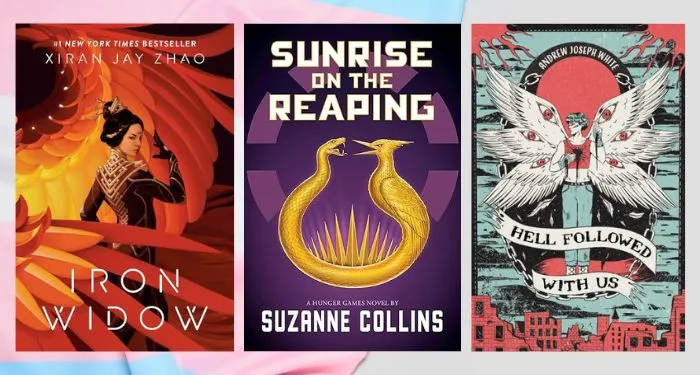
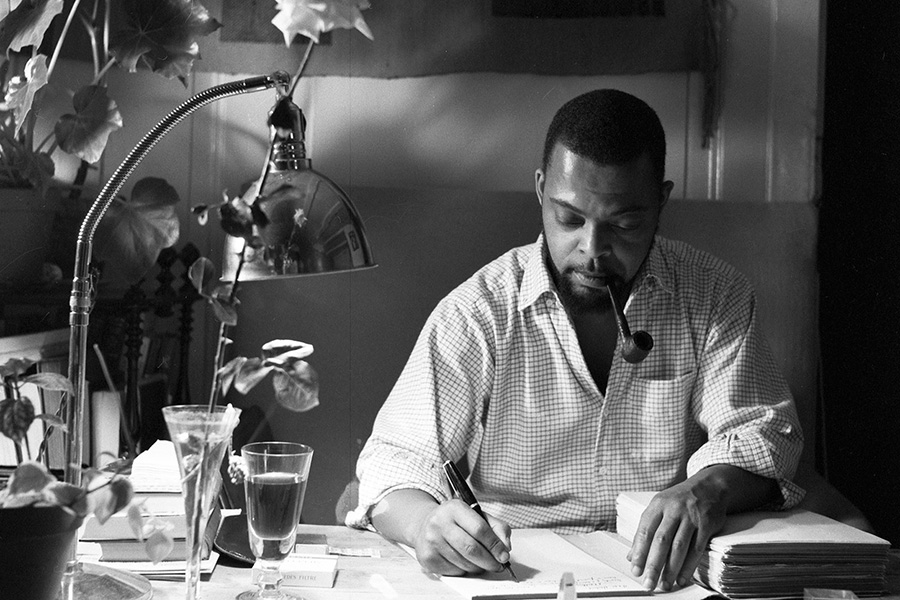



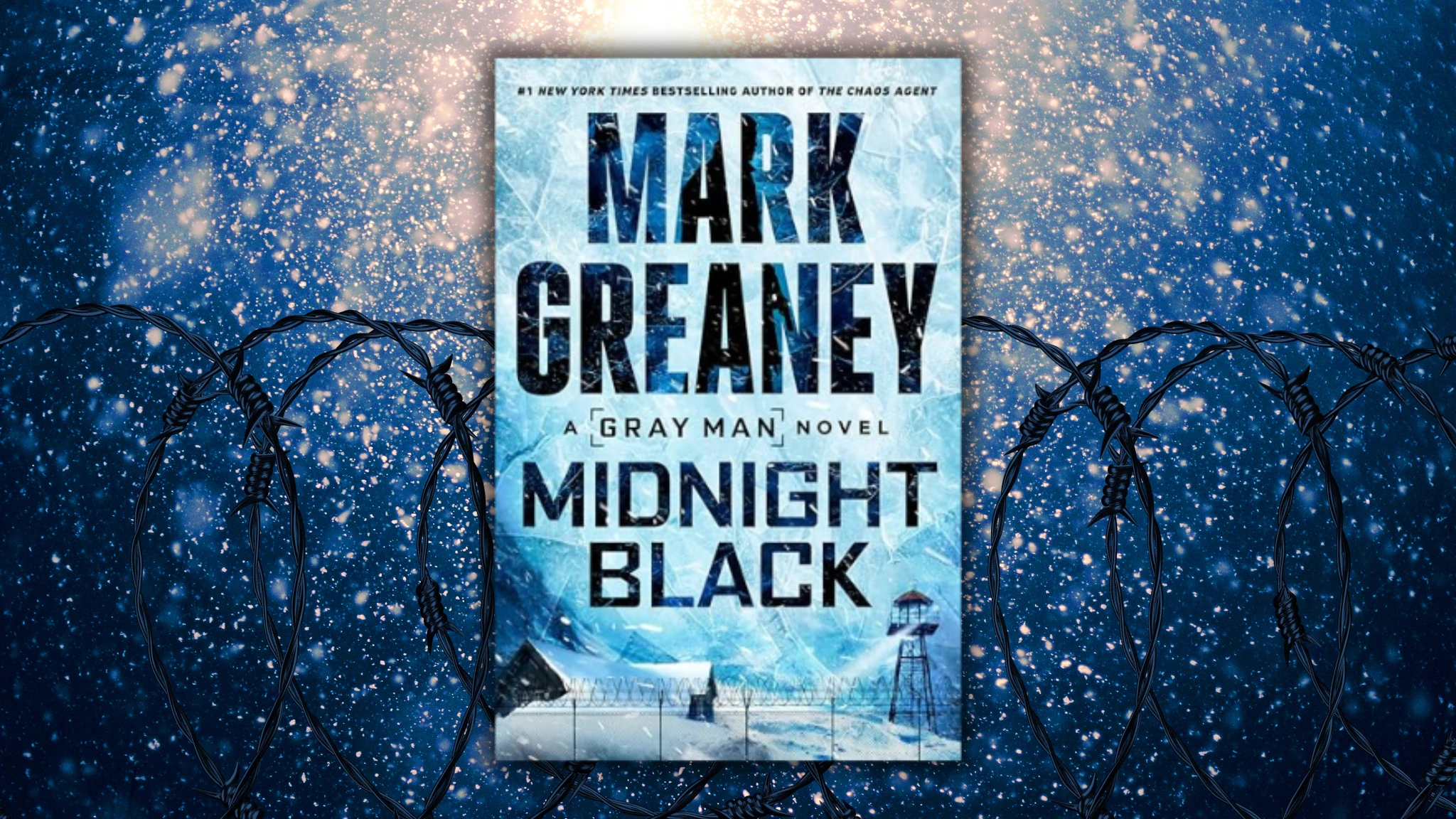

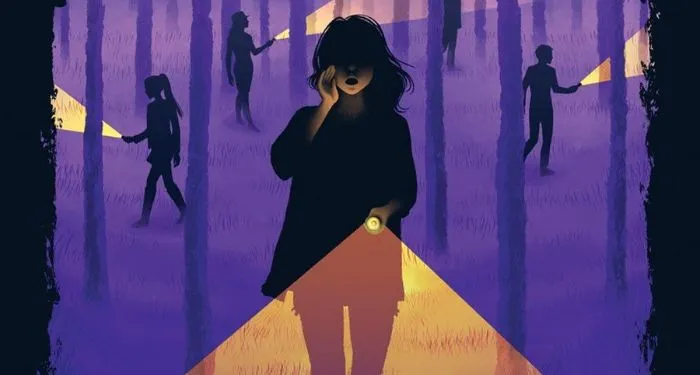

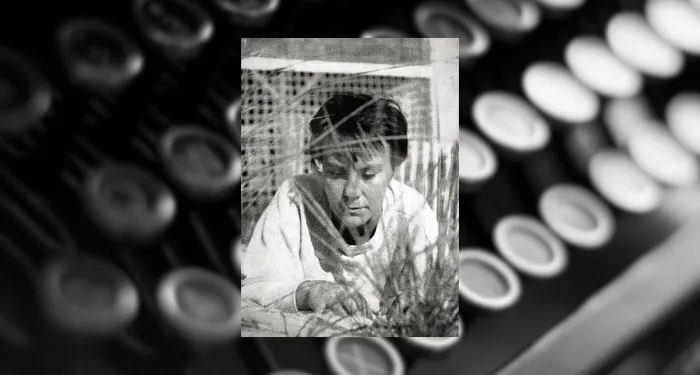
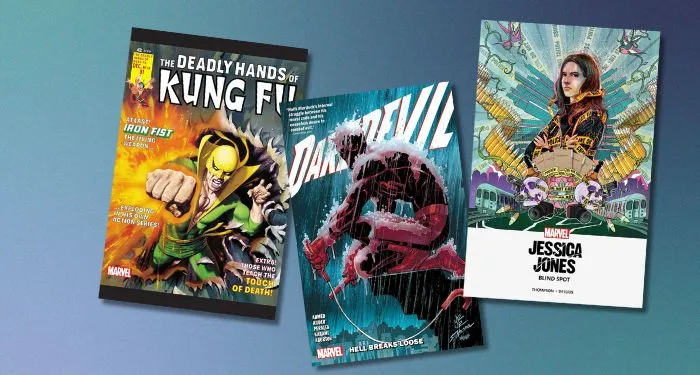
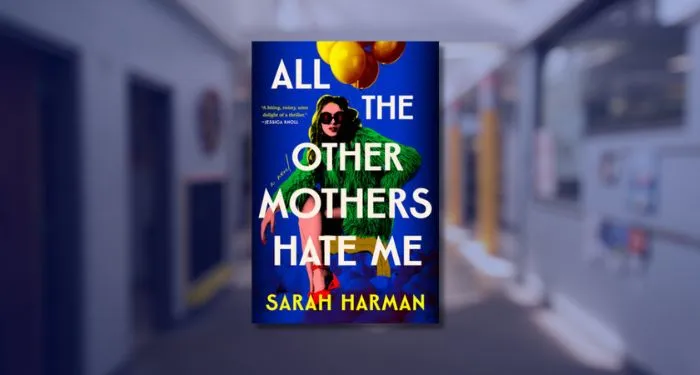
 English (US) ·
English (US) ·